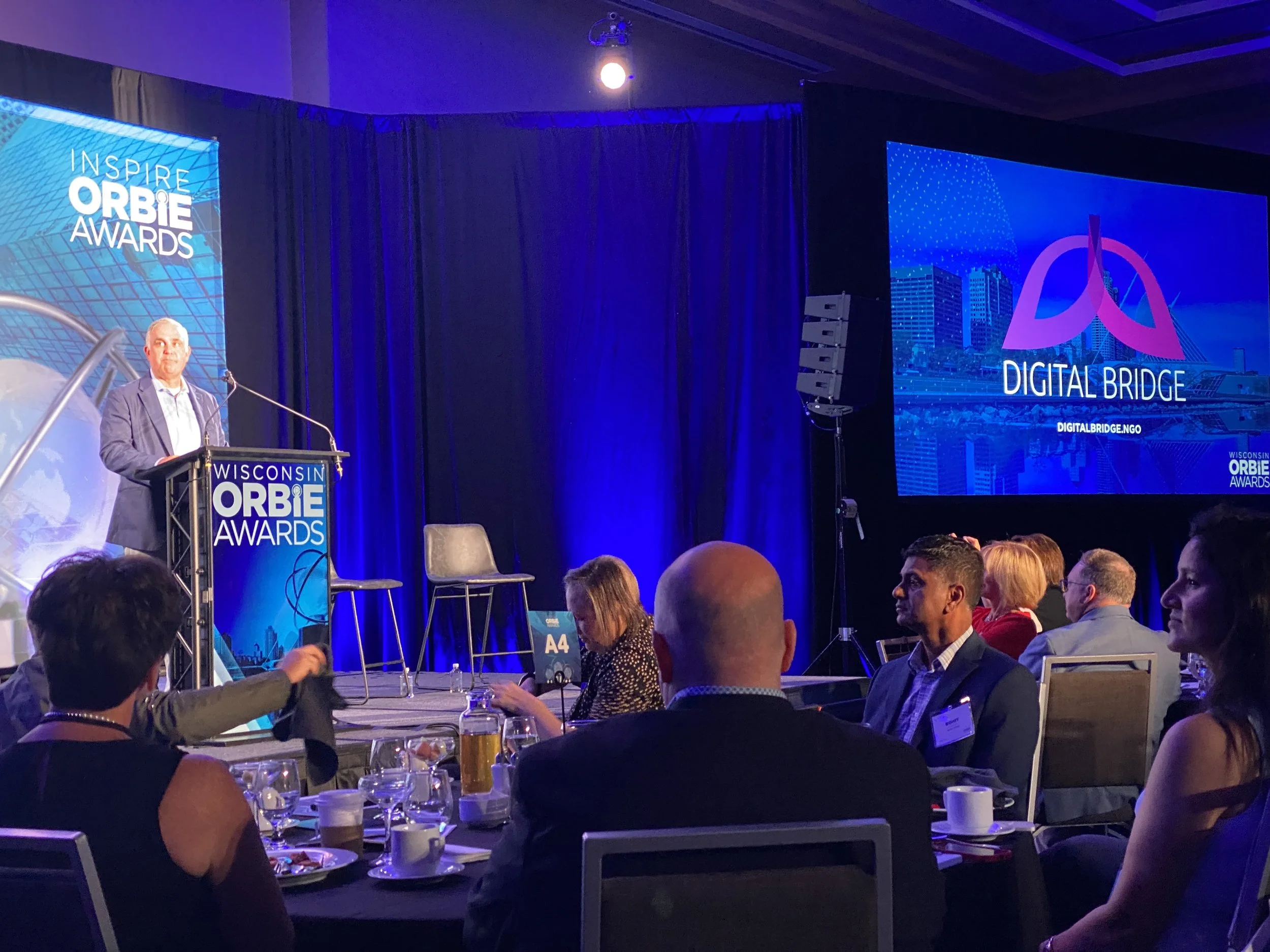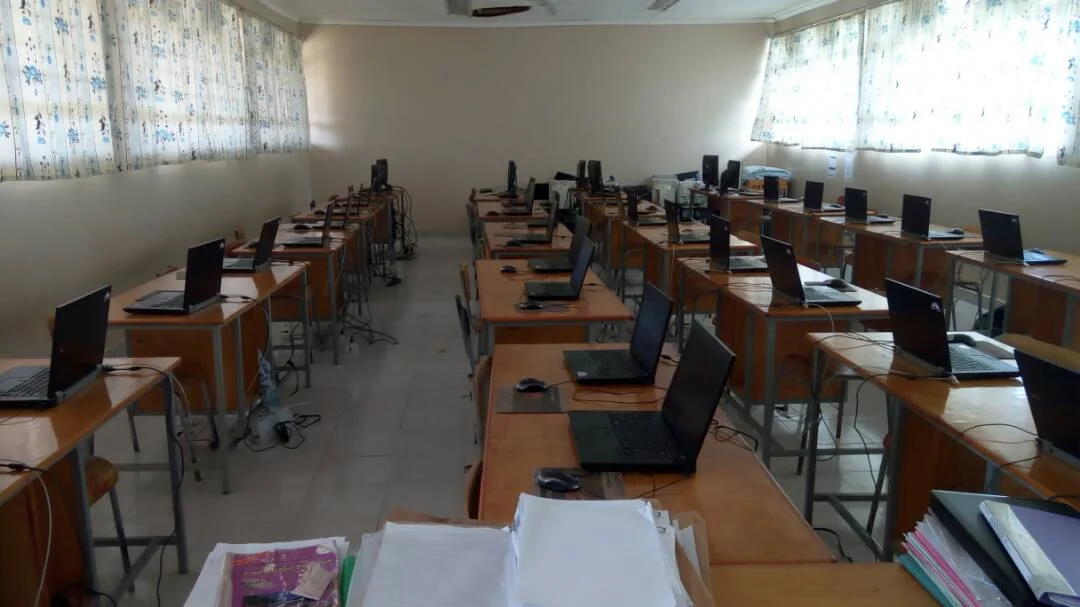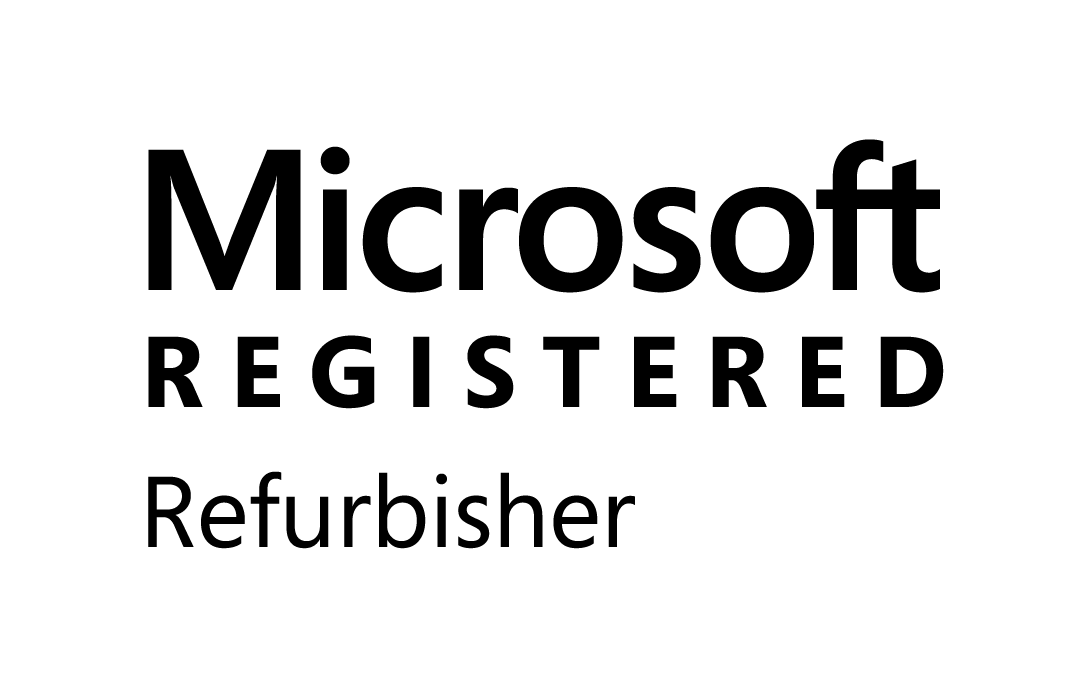Credit to Tyler Nickerson: Writer, Interviewer; for his participation in the project and this article.
In much of the developed world, tech-intensive pedagogy and one-to-one policies, where every student is given his or her own laptop or tablet, are all the rage. A growing number of western students are exposed to computers, the internet and now smart phones before entering primary school, creating a generation of digital natives and tech-literate aspirants more in tune with itunes than the analog world.
But for the majority of the world’s students and education professionals, digital technologies are a coveted rarity. The implications of this divide - between those in an education system with readily available technology resources and those without - may not be fully understood until this generation enters the workforce, but an examination of disparities can help us grasp the implications of the intersection between technology and education.
While there is great variety within the developing world, a common denominator threatening growth prospects for many countries is a gap in technical skills. Without a workforce that understands computer networks, the skill set to build quality highways and dams, or ability to keep power plants up and running, other industries stand little chance for success. Quality infrastructure, and the technical expertise required to build it and make it run, is an indispensable pillar upon which economies lie.
In Sub-Saharan Africa, this well-documented infrastructure gap is a problem of physical capital and human capital. The good news is that rapidly improving conditions in private capital markets, foreign investors (notably China), and domestic spending are now helping to bridge the spending gap. (The Loan Market Association reported that syndicated loans to fund infrastructure projects in Sub-Saharan Africa has risen from $11.2 billion in 2011, to $19.6 billion in October 2013. While still well short of the estimated $50 billion needed to fill the gap, the numbers indicate that lenders are becoming increasingly confident in the competency of African governments and growth prospects - factors that have historically scared investors away.) But when it comes to a professionalized workforce capable of maintaining infrastructure capacity, there is a well documented shortage.
Takeaways:
-There remains a skills gap in developing countries threatening growth prospects.
-Quality STEM education is seen as a way to train and professionalize the native workforce, supplying institutions and the economy with a technologically savvy workforce.
-Institutions, especially postsecondary but also lower grade levels, struggle in training and graduating qualified professionals. Lack of physical capital (i.e. hardware and software), but also quality teaching staff, is to blame.
-“Brain Drain”, while still a problem, is not becoming less of an issue as diaspora - often educated professionals - return home.
-Access to quality ICTs (including computers and the internet) in schools at all levels is still extremely rare.
Walking the streets of many African urban centers you will find a surprising amount of people fixing hand-me-down computers and mechanics tinkering with cars and other machinery - some of which have formal training and some of which have taught themselves. You will also find countless “computer institutes” that have popped up in recent years. While some, like Paul’s Computer Institute in Bamenda, Cameroon, are well funded, staffed with competent faculty and churn out professionalized students ready for the workforce, many suffer from a lack of credibility and resources. Still, the amount of signs with the word “computer” is telling if for no other reason than people see technology as important. (Or simply new and “cool.”)
In the past few years, traditional Universities have also begun offering computer science as a major and, cognizant of the demand, implementing an increasingly tech intensive pedagogy. The difference between offering the program and actually teaching skills, however, is an important one. Ryan Yoder, the Executive Director at Cameroon's ActivSpaces, a tech-hub for African techno-entrepreneurs, cites people not having the proper skill set to have success starting or contributing to technology ventures.
"The honest truth is that a lot of the Universities here are not the best," said Yoder. "A lot of the students can get their degree in computer science without ever writing code. So for a student to be successful, they have to really work hard and teach themselves how to code, because they are not going to learn at the University."
The gap between supply and demand for qualified engineers, network managers, and other technical experts remains formidable and insufficiently addressed in many developing countries. Beyond poor teaching, a major challenge historically has been professional class migration to richer countries. There are tens of millions of African diaspora spread around the world, many of them educated professionals with African or Western degrees that moved away from the continent in pursuit of higher wages and living standards. However, the "brain drain" trend, as many have pointed out, is being slowly plugged as wages and growth prospects rise throughout the developing world.
There is also still a problem with lack of access to the hardware needed to have a this crucial workforce. Take the example of a convenience store worker in rural Cameroon who said he plans to go back to University where he studied civil engineering. While he could access the internet through a smartphone, he is “not quite used to the laptop.” To be a quality civil engineer in today’s world, even in a developing country, understanding how to use a computer and the necessary software applications is a must.
Additionally, there is growing recognition that beyond the obvious tech-intensive careers, people entering more general formal sector professional settings also need basic information and communication technology skills. As previously analog businesses, informal and formal, are beginning to understand that ICTs can make work more efficient and thereby increase profits, tech literate employees are a must. Time and time again, people point out that job prospects are bleak for anyone who can’t use a computer.
To have a tech literate population, many stress the importance of exposing students to technology at a younger age - in primary and secondary schools. There is a distinction between teaching computer science and other high-level tech skills, and simply using computer technology as a facilitator of teaching traditional topics. But, of course, there is little hope of accomplishing either without sufficient physical capital - computers, software and reliable internet access - or human capital - the people with the expertise to teach skills and maintain the physical capital.
At all levels of education in Cameroon and many places like it, both are lacking.
Exposure to information and communication technology means more than just learning skills that can be applied to a job or school. Access to the internet and its nearly infinite supply of information, for example, can be a truly transformative experience, allowing students to explore the world and discover themselves.
Groups like Digital Bridge, Internet.org and code.org - the last two supported by major global players Mark Zuckerberg and Bill Gates - recognize the problem and the potential, and are doing good work to bridge the digital divide in developing countries. But, it is increasingly clear that domestic governments and institutions need to take the lead.
ICT Enabled Prosperity
When technology does get into the hands of young, talented and ambitious students, the results speak for themselves.
Elizabeth, an orphan from Douala who made her way to Saint Joseph’s Comprehensive High School in Mambu, Bafut, Cameroon, was embraced by the Tertiary Sisters there - who sponsored her schooling - and given a laptop two years ago. Today, she is a top student finishing up a nursing degree from a University in nearby Bamenda. She credits much of her preparedness and success at the next level of education and future success as a nurse to her laptop and the skills she has learned on it.
Desmond Ndi, who runs the computer labs at St. Joseph’s (it should be reiterated that St. Joseph’s is a private school whose computer lab was donated, and very few schools in the area have computers), is a graduate of Paul’s Computer Institute. At St. Joseph’s, he uses his knowledge of hardware and software to keep the lab running well and passes on his expertise to the over 400 eager students who use the lab. There is little doubt that without Desmond and other teachers at St. Joseph’s, like his boss Jeffrey Njeta, the lab would fall into disarray and irrelevance, preventing hundreds of students from benefitting from the technology and the country benefitting from the increased human capital.
Fua Tse, a graduate of the highly regarded University of Buea in Cameroon, is applying the skills he learned in school, where he was a mathematics major and Computer Science minor (they did not offer Computer Science as a major when he was in school, just a few years ago), to develop software applications for schools in the developing world, among other projects. His Acedemia software, which provides a streamlined, efficient way to keep academic records, do accounting and collect other data, is being used in primary and secondary schools throughout the country. His story is an example of how ICTs can directly impact communities, enable entrepreneurship and inclusive economic growth. It is one example of what the end goal of technology education should be.
Fua is part of a small but growing group of entrepreneurs in Africa who recognize the potential of digital technologies in developing countries. Their market-based, home-grown approach combines a savvy understanding of what it takes to develop successful, sophisticated products that can compete with Western technologies, and a deep understanding of the local problems that need solving. He and his peers at the ActivSpaces incubator in Buea offer refreshing evidence of growing inclusivity and potential in a country whose economy has traditionally been under the control of a small group of elites usually working in or closely with the government. Now, barring their success and careful not to ignore the challenges they face, there appears to be an opening for upward mobility and economic incentive - both essential for healthy, sustainable, inclusive growth.
Without exposure to ICTs in school, Elizabeth, Desmond and Fua would be in a very different place today. Combining talent, ambition, access to ICTs and quality instruction appears to be a disruptive equation.
If common denominators in prosperous countries are an institutional capacity that can support inclusive economies, the ability to build and maintain infrastructure, incentivising work and entrepreneurship, and encouraging investment, putting the power of ICTs into the hands of people may be one of the most worthwhile things that can be done. And there is no better place to expose people to and teach technology than schools. Elizabeth, Desmond and Fua are just a few of the characters who have experienced empowerment, responded to incentive and are poised to lead the coming generation towards a more prosperous future.
Elizabeth's is success enabled by access to technology. Desmond’s is success dependent on the existence of technology. Fua’s is using technology to generate personal wealth, create jobs and have a positive impact on other industries. However we chose to define ICT in a development context, it must reflect multidimensionality and omnipresence; fundamentally altering old industries and creating completely new ones.
























